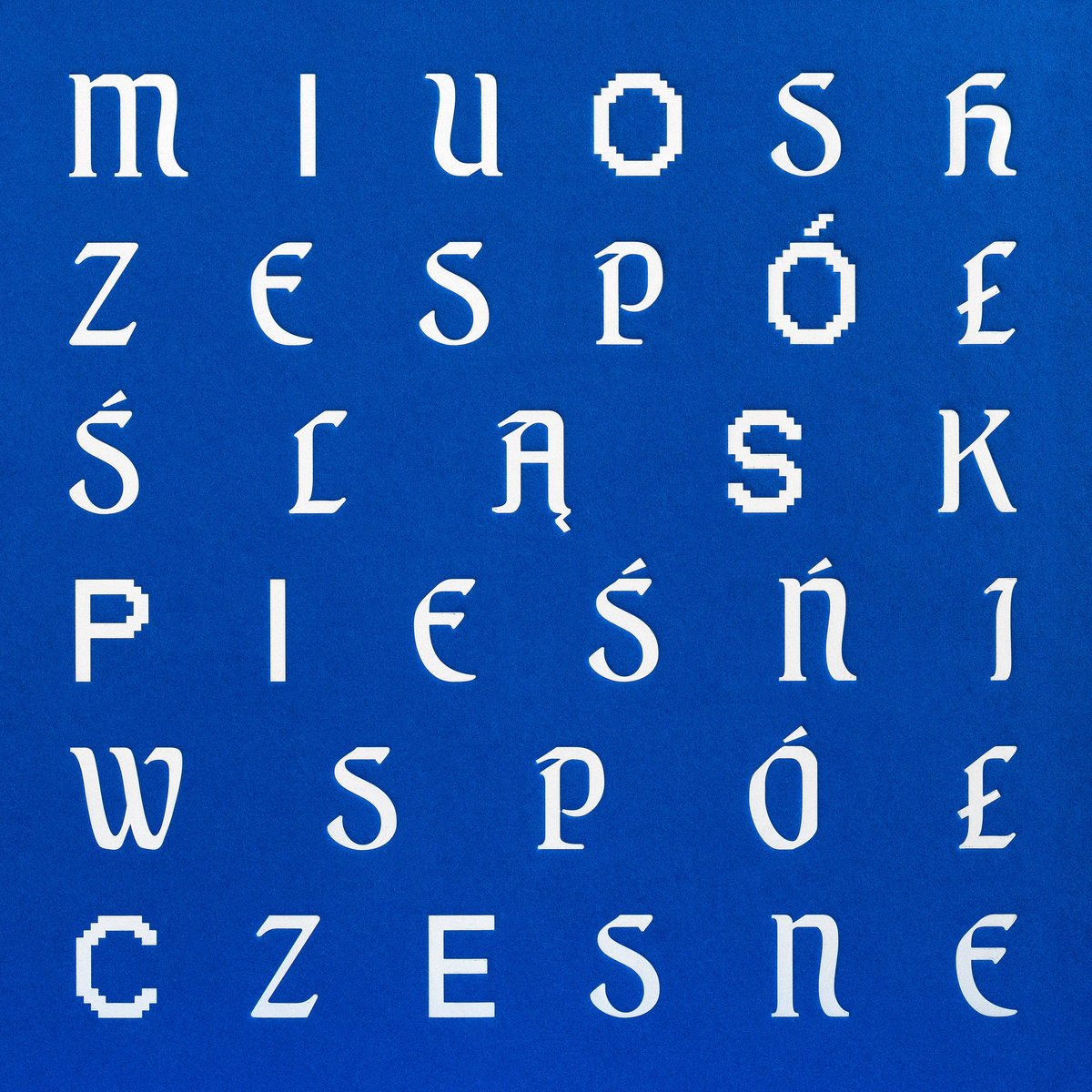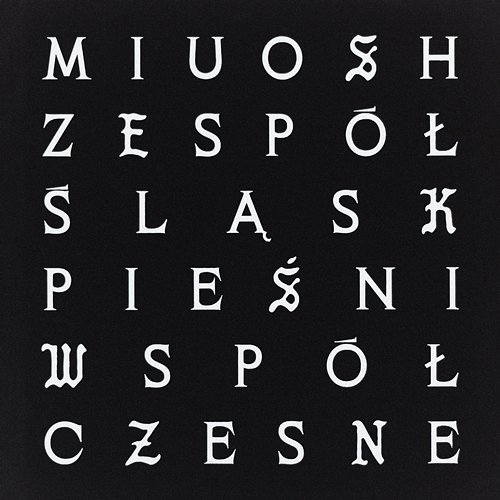You Need to Listen to These Two Albums. Please
The best time to listen to PIEŚNI WSPÓŁCZESNE was yesterday, the second best time is right now
Date written: 2024.09.27
Look, I’ve been sitting on this for a while, thinking about how to write this essay in a ‘proper’ way. It’s serious business for me – I’m trying to convince you to listen to my favourite album(s) of all time after all, so should I do some research on music theory despite knowing fuck-all about it? Bury you in information that I myself don’t even know? How do I even convince a (mostly) non-Polish audience to listen to a Polish album, which is unique specifically because of its spin on Polish traditional & modern music?
Or maybe that’s exactly why you should check it out, despite not being well-acquainted with Polish culture? Either way, I need to get this out of my system.
So. Let’s get personal. I’ll leave technical analysis to the experts.
The first album (Pieśni Współczesne) came out in 2021, but the second one (Pieśni Współczesne TOM II) is actually brand new, having been released on the 20th of September, 2024. Album 1 has been my favourite for years now, and album 2 has not let me down despite my worries it would not live up to the hype – they are both of equal quality. That is to say: they’re both the closest to perfection I can imagine Polish music ever getting.
The albums, written by Miuosh, are a product of cooperation between one of the oldest folk groups in Poland (Zespół Pieśni i Tańca “Śląsk”) and multiple well-known Polish singers, usually famous for their modern pop music. The lyrics are full of references to Polish mythology, while simultaneously trying to balance them out with a more fresh and contemporary feeling. The sound is not entirely folk; it’s not entirely pop either. It truly is the mix of the two, something that hadn’t been done before in Poland.
The albums’ goal is to make tradition and modernity meet, to reach for our national tradition and make something brand new. Our history doesn’t have to remain in the past – it can influence and be influenced by the present. That, in the era in which more and more of our pop-culture is being devoured by American influences, moves me to no end. It’s no different from the feeling I get seeing Internet users ditching social media for their own websites or blogs, therefore reclaiming the web; here I can see Polish artists proudly reclaiming our roots. Pieśni Współczesne, to me, is a sign: there are Polish people out there just like me who crave more Polish art influenced by our country’s culture, and they want it to have a place in our present. That means the world to me.
A lot of our culture has been lost. Christians made sure to eradicate as much of our traditional religion as possible, making our knowledge of Slavic mythology incomplete. There is something weird about growing up and being taught about other European countries’ mythologies in great detail, while simultaneously being aware that we also had a mythology of our own, and yet will never know even a fraction of it. I think it leaves a hole. That hole has been screaming in me for my entire life: “I want my culture back. That culture existed; share it with me.” But there is no one to share it with you. The best they can do is the teachings of the catholic church.
(I want to be clear here: don’t listen to Western conservatives trying to sell Poland as a christian paradise. Our country’s religious practice has been declining extremely fast, and the younger generations tend to hate Catholicism rather than preach its teachings. Those propagandists are lying; our society is not pleased with the church.)
I will not be comparing American influences on international pop-culture to the destruction Catholicism has wrought on our history; those two are incomparable. I have mentioned that because my entire life I have been craving more, and my entire life I have been feeling that what I have is not enough; not enough of Poland’s past and not enough of Poland’s present. A hole that can never be filled, a hunger that will never be satisfied. In a cultural sense, to me, there is not enough of Poland in Poland.
Pieśni Współczesne has so much Poland in it while remaining modern. I have spent my entire life knowing that what made Poland unique is mostly old and a thing of the past; our traditional clothes, music, dances – they’re really not popular anymore. I’ll be honest about it: besides the costumes, which I think are very cool looking but I’ve never even had an opportunity to wear them, I’m not a big fan of our tradition either. Most of our folk music is not my thing; I don’t dislike it – fuck it, if I could choose I would really want to make myself like it – but my ears remain pretty neutral on the matter. (That won’t stop me from being moved to tears when I encounter a folk group performing somewhere on the street, though.) Generally speaking, there is rarely place for tradition in our daily lives, especially in the form of entertainment.
But Pieśni Współczesne managed to turn our tradition into something that would be entertaining for modern audiences, without losing what made it traditional in the first place! These two albums prove that our past can meet our present, that our tradition can be fun today. And, what’s the most important: they prove that the hole in my soul can be filled. There is more art to be made, more culture based upon past culture to be lovingly created. I have no idea if these two albums will mean anything to you without a personal connection to Poland, but I honestly don’t care. I’ve made sure you know they exist. I’m pleased just with that.
Once again: the link to the original album is here, and the link to the new one is here. I encourage you to give them a listen. The lyrics for the songs from 2021 should have English translations available somewhere, but they are probably a bit difficult to find; if you need them, let me know and I’ll find them for you.
Written by: Iri 🌫️

